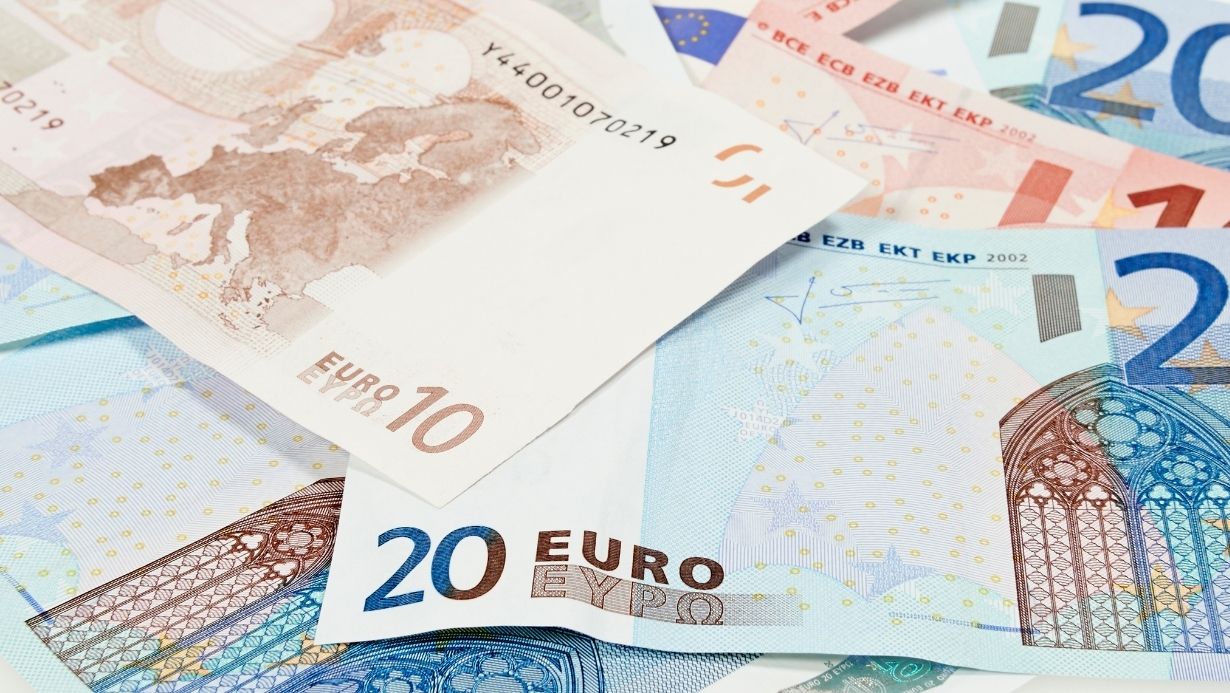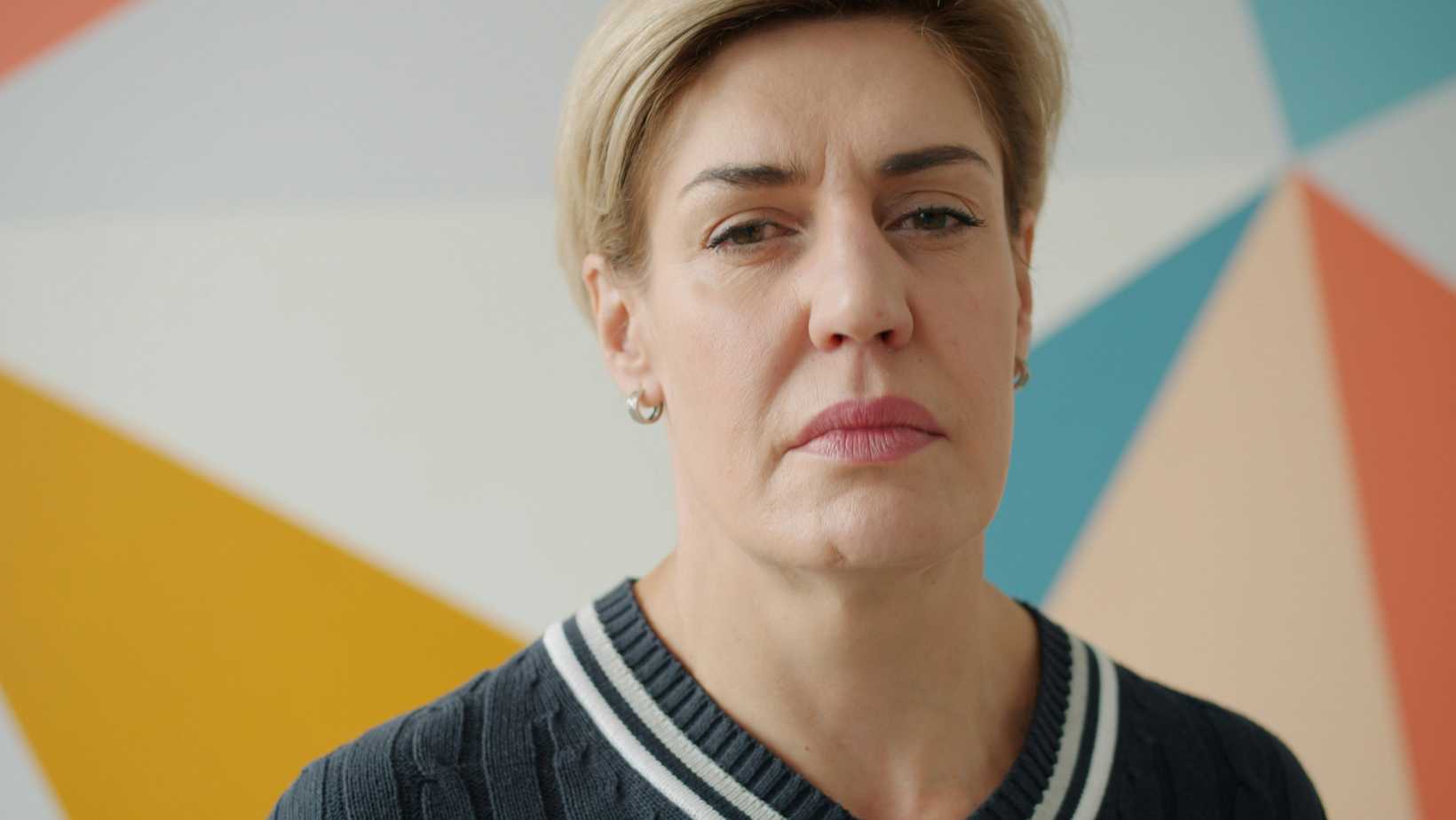Czech National Bank Warns of Eurozone's Uncertain Future
Prague Morning

Czech politicians debating whether to adopt the euro should take into account the rather “unflattering” economic situation in Eurozone countries as the group’s future remains uncertain, a report published by the Czech National Bank (CNB) reads.
In its report, the CNB points out that there has been no progress in deepening economic and monetary union and that the architecture of the euro area remains incomplete. The CNB also warns that the future development of the monetary union is unpredictable.
“The fiscal position of most euro area countries remains unflattering, with budget deficits from the coronavirus crisis only slowly reducing and debt levels in some countries at the limits of sustainability,” reads the fresh analysis.
“The questions of the appropriate timing of the Czech Republic’s possible entry into the euro area and the impact of such a move on the Czech Republic can thus be answered only with great difficulty,” the analysis adds.
Moreover, the country is currently not meeting the Maastricht criteria needed to adopt the euro.
“Generally speaking, the priorities of this government include first and foremost the recovery of public finances, and only then can the debate on the timing of euro adoption begin,” a Finance Ministry spokesperson told Euractiv Czechia.
However, it is no secret that the country’s Finance Minister Zbyněk Stanjura and Prime Minister Petr Fiala – both from the conservative ODS party, which is part of the ECR – are not in favour of the single EU currency.
Other government parties –TOP 09 (EPP), Christian democrats (EPP), Pirates (Greens/EFA) and STAN (not affiliated) – are in favour of adopting the common currency, and President Petr Pavel also called for concrete steps in his New Year’s speech. A growing number of entrepreneurs are also pushing for adoption.
Still, the Eurozone remains an unattractive club for many Czechs.
According to last year’s survey of the Czech Centre for Public Opinion Research (CVVM), 73% of Czech citizens are not in favour of adopting the euro.
Czech opposition parties – ANO (Renew) and SPD (ID) are also against it.
“I don’t want the euro. The ANO movement does not want the euro. It was originally an economic project that became political. I do not want to guarantee the high loans of individual Eurozone countries,” said Andrej Babiš, leader of the ANO party, which is currently polling at 30%, in a video message shared on social media.
“We do not need any euro,” he added.
-
NEWSLETTER
Subscribe for our daily news









